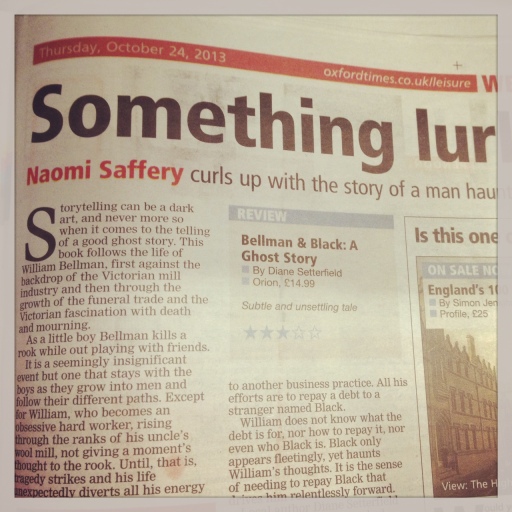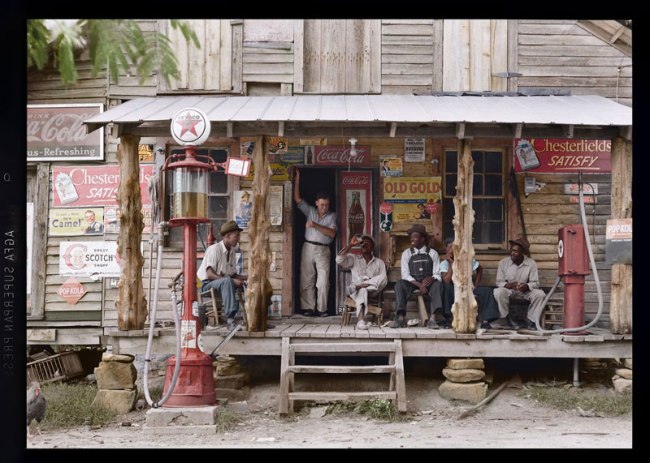I have always been fascinated by the early twentieth century. The literature, the music, the art, the fashion. I think about dancing the Charleston, gramophones, 1920’s bobbed hair and rouge lips. Sometimes, I imagine myself in a 1930’s style silk robe that wafts around me as I casually drag on a Woodbine. Again, the red lips feature. I do love a red lip.
Anyway, when I am back in the twenty-first century I often read books about, or set during, the period spanning 1900-1950. I have just finished Testament of Youth by Vera Brittain. This autobiography spans Brittain’s life from early adolescence through to her early thirties and focuses on the cataclysmic impact of the First World War on her own generation.
Vera grew up in Buxton, and was the daughter of middle-class, affluent parents. She had a younger brother who was sent to Uppingham school and who, it was expected, would go to Oxford. Vera however was expected to ‘come out’ and then promptly get married and run a household. She had different ideas, and determinedly pursued a place at Somerville College, Oxford.
The First World War broke out during her first year at Oxford and her brother, who was at New College, signed up immediately. Vera’s fiancée also signed up, and off the boys went to war. Vera carried on studying but eventually gained permission to suspend her studies whilst she became a volunteer nurse with the British Red Cross. She didn’t realise that nursing would become her life for the next three years.
Brittain manages to weave her own life events around the wider political and societal changes that were happening during those turbulent years in British history. She focuses, at some length, on her work with the League of Nations in the second half of the book, and commentary on early feminism is given all the way through. At some points this does run a bit dry, especially as her own agenda is very much pursued. She wrote this in the 1930’s and it’s clear that her political activism is still going strong at that point, she has her points to prove. These points are made all the way through, that educated women at that time had to struggle to make use of their education when it was expected that all professional activity would cease on marriage. And also, that the terms of the Treaty of Versailles did not honour the loss of life of millions of young men, including the young men who were the brightest and best. Not ground-breaking for readers now, but for those reading this in the early 1930’s when the legacy of WW1 was still very much felt, I imagine it was thought-provoking.
Is it wrong to say I don’t really warm to her? There is a pervasive sense of arrogance. I know that she had a hard won struggle to get to Oxford, and then to establish a writing career, but…there is something of a cold detachment in the way that she writes.
Nevertheless, it has made me think about women today. I am getting married in September, and thankfully I don’t even have to think about giving up my career as a result. But…I have also realised that middle-class women of Vera’s generation had rather a lot of help at home. They had charwomen, or maids, or housekeepers. Other women who would come in and cook and clean for them. Vera’s own mother had a nervous breakdown during the war, because she simply couldn’t find any servants. She had no idea how to boil an egg, or how to clean their Chelsea flat. I imagine that the strain of worrying about their children (both in France at that time) was the primary cause, but Vera highlights the burden of domesticity on women for whom ‘running the house’ had always been managing other people to do the grunt work. When these women had to do it themselves, they fell apart.
And what of us now? We (women and men) are doing all our own cooking, cleaning, washing, ironing and hoovering, as well as working and, in some cases, raising children. How on earth do we do it? And then we have all the social media to keep up with, and instagram photos of other people’s perfectly put together homes to feel inadequate over…surely it’s nervous breakdowns a-go-go for us all?! I think Vera’s mother would have gone up in a puff of smoke if she knew how much we all try and do now. Something has to give, surely. For me, I know what that is… I don’t iron, I barely tidy (thanks go to the dude for the tidying) and, I never feel on top of anything at the moment. So, for all our equality and emancipation, I am sure that a couple of generations ago we never would have thought of going without a housekeeper. Virginia Woolf had a whole host of servants (managing them drove her to her wits end). If Virginia Woolf was alive now, she would be someone who ‘works from home’ and would end up doing the cooking and housework herself. Probably. And how much time/energy would that have left for writing?
Vera Brittain describes living in a small London flat with Winifred Holtby during her twenties. Both women were writing novels and pursuing careers in journalism at that time, they were busy, young and starting out. And then, she casually mentions the housekeeper who would cook and clean for them. I had to stop myself from laughing out loud on the train, what a hard life those ‘struggling writers’ led. Try being out of the house from 07.30 – 19.30 to work to your employers’ schedule, and then come home to make dinner, and maybe do some remedial housework or just fall asleep. When is there time for writing, thinking, research, ideas?
I don’t know that my mother’s generation during the women’s lib movement of the 1970s, really realised that the burden of running a home would still fall to their daughters even after they gained equal opportunities for us in education and the workplace. If the dude is reading this, he’s just spat out his beverage at that last sentence. But, generally women do still expend more energy (psychological and physical) on housework, cooking, making plans and arrangements with friends and family, and basically keeping the show on the road. I can’t talk about childcare, but it seems to me that women do tend to lead on this one as well, and that’s a whole lifetime of work for a person.
So, instead of clean the house this weekend. I’m going to dance around in my red lipstick, enjoy a cocktail or two, and maybe….just maybe work on that piece of writing that I started.
Happy Friday everyone!
BB x




